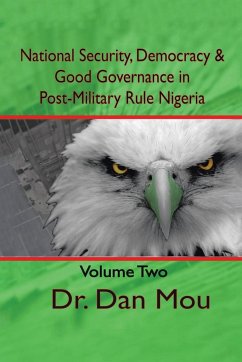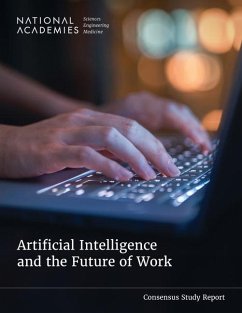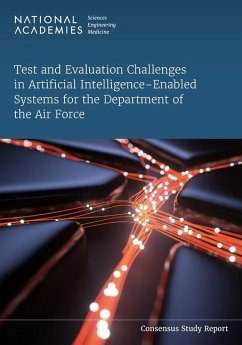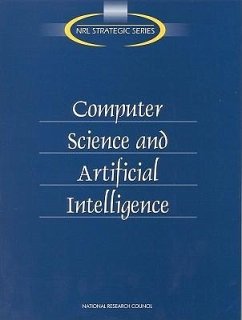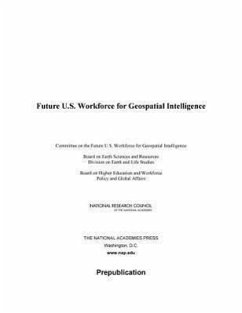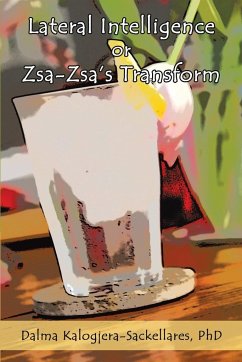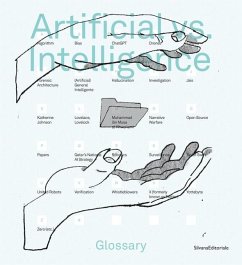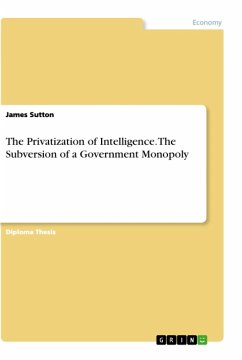
The Privatization of Intelligence. The Subversion of a Government Monopoly
Versandkostenfrei!
Versandfertig in 1-2 Wochen
47,95 €
inkl. MwSt.

PAYBACK Punkte
0 °P sammeln!
Diploma Thesis from the year 1999 in the subject Business economics - Information Management, University of Illinois at Chicago (Office of Criminal Justice), course: Political Science, language: English, abstract: This thesis proposes a model that clarifies the concept of intelligence and its key components. Externally, the public largely ignorant of the task, mission and structure of the intelligence community a marginal support. In 1995 the annual budget for the intelligence community exceeded 30 billion dollars. Yet, at that time, the return on this investment of public funds was vague, at ...
Diploma Thesis from the year 1999 in the subject Business economics - Information Management, University of Illinois at Chicago (Office of Criminal Justice), course: Political Science, language: English, abstract: This thesis proposes a model that clarifies the concept of intelligence and its key components. Externally, the public largely ignorant of the task, mission and structure of the intelligence community a marginal support. In 1995 the annual budget for the intelligence community exceeded 30 billion dollars. Yet, at that time, the return on this investment of public funds was vague, at worse, simply not there. We only to briefly recall recent intelligence failures characterized as such based on our government's inability to prepare contingency plans to deal with them. Such as India's emergence as a nuclear power, transnational Russian criminal enterprises, and the unresolved conflicts in North Korea, and the Middle East, last, but not least are allegations that Chinese espionage has compromised the nation's most advanced nuclear weapons research. The growth of information creation and transfer within the private sector and the IC's outdated mindset is radically altering the balance of power between both. The former is diligently attempting to redefine its mission and identify suitable institutional goals. However, the secrecy with which the IC has cloaked itself, hinders political support for these efforts. The growth of information creation and transfer within the private sector and the IC's outdated mindset is radically altering the balance of power between both. The former is diligently attempting to redefine its mission and identify suitable institutional goals. In terms of the model, by expanding their mission to include other threats to national security, the IC is attempting to redefine its position in order to expand their scope of legitimate action. Presently, governmental intelligence activities are circumscribed by law and presidential orders and monitored by a few legislative and executive branch entities. They are also controlled by several statutes, judicial review proceedings, and internal regulations. In the private sector, where formal, informal and quasi-legal intelligence operations function with virtually no constraints, other than those imposed by law, an individual or organizational sense of morality and the fear of legal action. Activities are identified, documented and clarified. By structuring, organizing and clarifying current activities and future trends, this study widens the scope of public discussion on this important topic.



